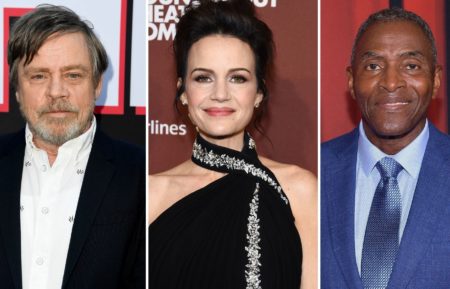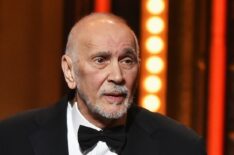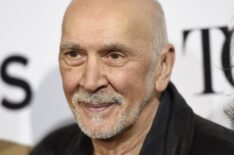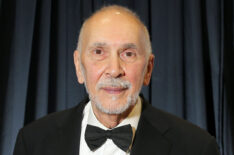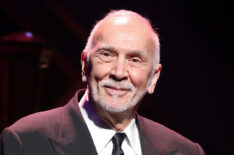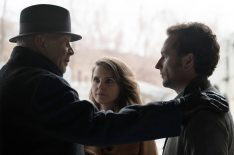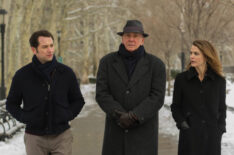Frank Langella
Credits

Angry Neighbors
Actor
Harry
Movie
2022

Angry Neighbors
Executive Producer
Movie
2022
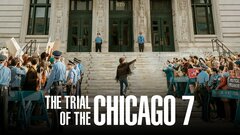
The Trial of the Chicago 7Stream
Actor
Julius Hoffman
Movie
2020

히맨: 영웅의 탄생
Actor
Movie
2019
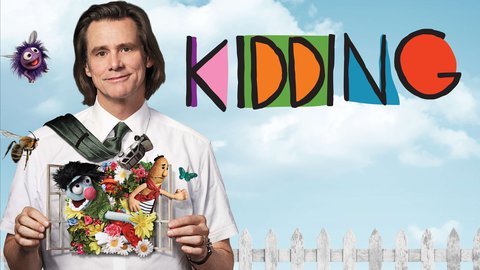
KiddingStream
Actor
Seb
Series
2018

The Power of Grayskull: The Definitive History of He-Man and the Masters of the Universe
Self
Show
2018

The Power of Grayskull: The Definitive History of He-Man and the Masters of the Universe
Self
Movie
2018

The Power of Grayskull: The Definitive History of He-Man and the Masters of the Universe
Actor
Movie
2018

All the Way
Actor
Sen. Richard Russell
Show
2016
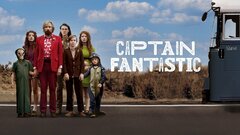
Captain FantasticStream
Actor
Jack
Movie
2016
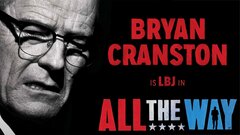
All the WayStream
Actor
Sen. Richard Russell
Movie
2016

Youth in Oregon
Actor
Raymond Engersol
Movie
2016

The Driftless Area
Actor
Tim Geer
Movie
2015
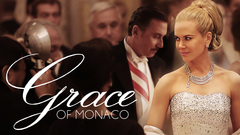
Grace of MonacoStream
Actor
Father Francis Tucker
Movie
2014
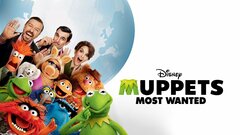
Muppets Most WantedStream
Actor
Beefeater Vicar
Movie
2014
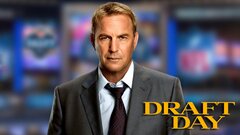
Draft DayStream
Actor
Anthony Molina
Movie
2014

Parts Per Billion
Actor
Andy
Movie
2014

5 to 7
Actor
Sam Bloom
Movie
2014

Kahlil Gibran's The Prophet
Voice
Pasha
Movie
2014

Apokolipsa
Actor
Show
2013
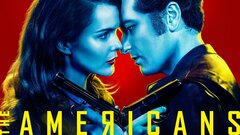
The AmericansStream
Guest Star
Gabriel
Series
2013

Muhammad Ali's Greatest Fight
Actor
Chief Justice Warren Burger
Movie
2013

Genius on Hold
Narrator
Movie
2013
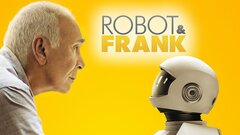
Robot and FrankStream
Actor
Frank
Movie
2012

The Time Being
Actor
Warner Dax
Movie
2012
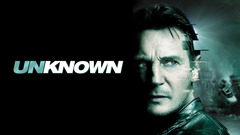
UnknownStream
Actor
Rodney Cole
Movie
2011

All Good Things
Actor
Sanford Marks
Movie
2010
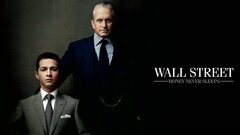
Wall Street: Money Never SleepsStream
Actor
Louis Zabel
Movie
2010

The 32nd Annual Kennedy Center Honors
Guest
Show
2009
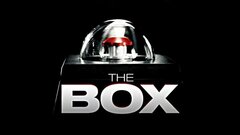
The BoxStream
Actor
Arlington Steward
Movie
2009

David Sheehan's Holiday Movie Magic
Guest
Show
2008

Objects and Memory
Narrator
Show
2008
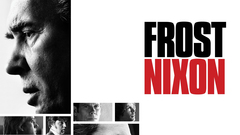
Frost/NixonStream
Actor
Richard Nixon
Movie
2008

The Tale of Despereaux
Voice
Mayor
Movie
2008

The Caller
Actor
Jimmy
Movie
2008

Starting Out in the Evening
Actor
Leonard Schiller
Movie
2007
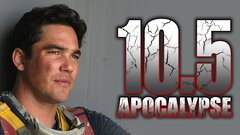
10.5: ApocalypseStream
Actor
Dr. Earl Hill
Miniseries
2006
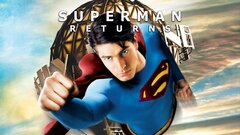
Superman ReturnsStream
Actor
Perry White
Movie
2006

The Water Is Wide
Actor
Superintendent
Movie
2006

The Novice
Actor
Father Tew
Movie
2006

Return to Rajapur
Actor
Ned Bears
Movie
2006

Kitchen Confidential
Guest Star
Show
2005
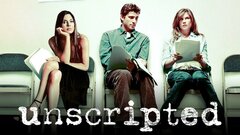
Unscripted
Actor
Series
2005

How You Look to Me
Actor
Professor Driskoll
Movie
2005

Now You See It...
Actor
Max
Movie
2005
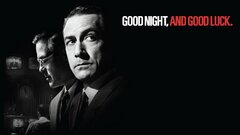
Good Night, and Good LuckStream
Actor
William Paley
Movie
2005

Tavis Smiley
Guest
Talk
2004
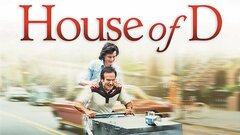
House of DStream
Actor
Reverand Duncan
Movie
2004

Back in the Day
Actor
Lieutenant Hudson
Movie
2004

The Beast
Actor
Jackson Burns
Show
2001

Sweet November
Actor
Edgar Price
Movie
2001
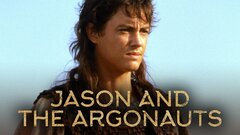
Jason and the ArgonautsStream
Actor
Miniseries
2000

Stardom
Actor
Blaine de Castillon
Movie
2000

Cry Baby Lane
Actor
Mr. Bennett
Movie
2000

Law & Order: Special Victims UnitStream
Guest Star
Al Baker
Series
1999

Alegria
Actor
Fleur
Movie
1999
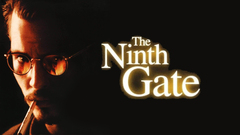
The Ninth GateStream
Actor
Boris Balkan
Movie
1999

Dark Summer
Actor
Robert Denright
Movie
1999

Kickin' It: With Byron Allen
Guest
Show
1998

Small SoldiersStream
Voice
Archer
Movie
1998

I'm Losing You
Actor
Perry Needham Krohn
Movie
1998

LolitaStream
Actor
Clare Quilty
Movie
1997

Theater Talk
Guest
Show
1996

Mummies: Tales From the Egyptian Crypts
Narrator
Show
1996

Moses
Actor
Show
1996

The Living Edens
Narrator
Show
1996

Eddie
Actor
Wild Bill Burgess
Movie
1996

Cutthroat Island
Actor
Dawg
Movie
1995

Moses
Actor
Movie
1995

Doomsday Gun
Actor
Dr. Gerald Bull
Movie
1994

Brainscan
Actor
Detective Hayden
Movie
1994
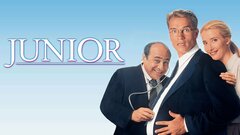
JuniorStream
Actor
Noah Banes
Movie
1994

Bad Company
Actor
Vic Grimes
Movie
1994

Star Trek: Deep Space NineStream
Guest Star
Minister Jaro
Series
1993
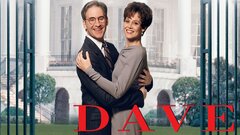
DaveStream
Actor
White House Chief of Staff Bob Alexander
Movie
1993
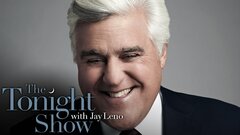
The Tonight Show With Jay Leno
Guest
Talk
1992

1492: Conquest of Paradise
Actor
Luis de Santángel
Movie
1992
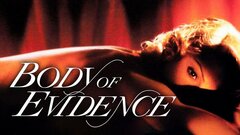
Body of EvidenceStream
Actor
Jeffrey Roston
Movie
1992

True Identity
Actor
Leland Carver
Movie
1991

And God Created Woman
Actor
James Tiernan
Movie
1988
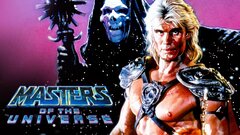
Masters of the UniverseStream
Actor
Skeletor
Movie
1987

Liberty
Actor
Frederic Auguste Bartholdi
Movie
1986

The Men's Club
Actor
Harold Canterbury
Movie
1986

Sherlock Holmes
Actor
Sherlock Holmes
Show
1981

Sherlock Holmes
Actor
Sherlock Holmes
Movie
1981

Sphinx
Actor
Akmed Khazzan
Movie
1981

Those Lips, Those Eyes
Actor
Harry Crystal
Movie
1980

CBS News Sunday MorningStream
Guest
News
1979
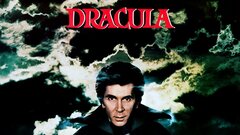
DraculaStream
Actor
Count Dracula
Movie
1979

The Seagull
Actor
Konstantin Treplev
Show
1975
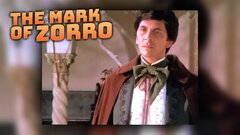
The Mark of Zorro
Actor
Don Diego/Zorro
Movie
1974

La Marque de Zorro
Actor
Movie
1974

Love Story
Actor
Jimmy Lewin
Show
1973

The Wrath of God
Actor
Thomas De La Plata
Movie
1972

The Deadly Trap
Actor
Philippe
Movie
1972

Diary of a Mad Housewife
Actor
George Prager
Movie
1970

The Twelve Chairs
Actor
Ostap Bender
Movie
1970
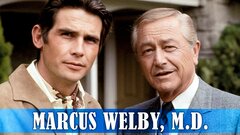
Marcus Welby, M.D.Stream
Guest Star
Carey Robins
Series
1969
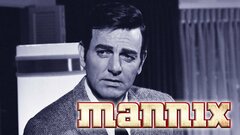
MannixStream
Guest Star
Harry Tass
Series
1967

The Trials of O'Brien
Guest Star
Michael Romani
Show
1965

Today
Guest
News
1952
News aboutFrank Langella
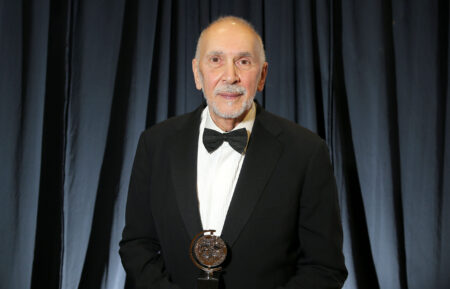
Frank Langella Responds to ‘The Fall of the House of Usher’ Firing After Misconduct Investigation
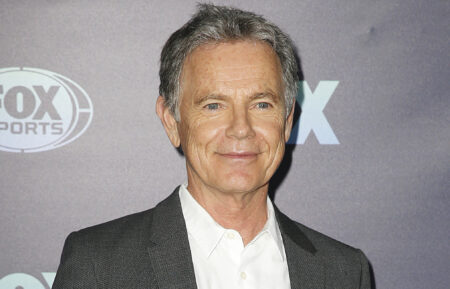
Bruce Greenwood Replaces Frank Langella in ‘The Fall of the House of Usher’ at Netflix
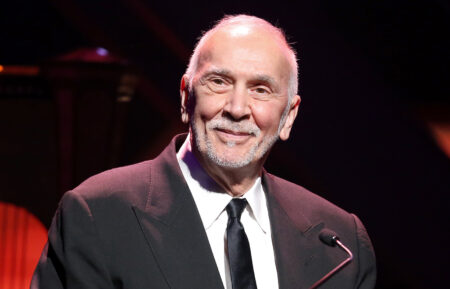
Frank Langella Fired From ‘Fall of the House of Usher’ After Misconduct Investigation
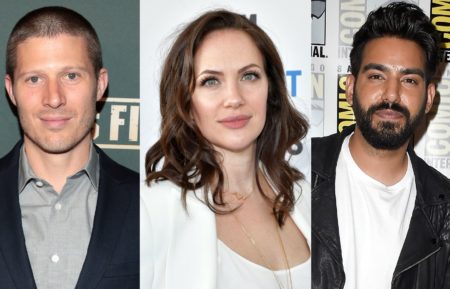
‘The Fall of the House of Usher’: Netflix Announces Full Cast for Miniseries
